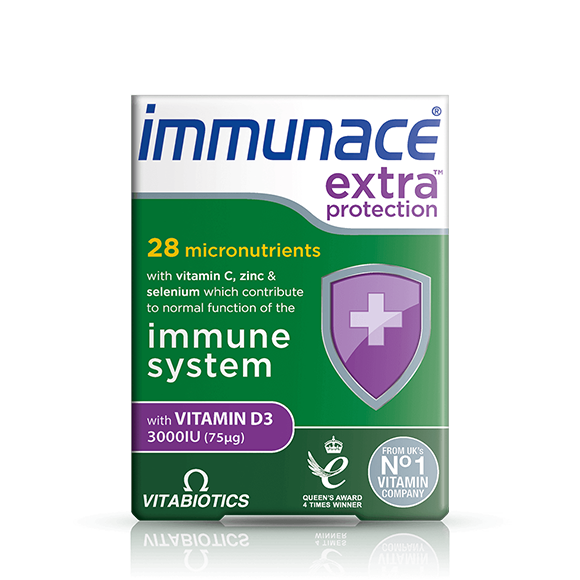The Basics Of Zinc
Zinc is an essential mineral, needed for a multitude of biological functions. In fact, it plays a role in over 200 enzymes in the human body.
This includes contributing to the normal functioning of the immune system as well as contributing to the protection of our cells from oxidative stress. Zinc also plays a role in normal fertility and reproduction.
Finally, zinc contributes to the maintenance of normal vision and cognitive function as well as contributing to the maintenance of normal skin, hair, nails, and bones.
Quick Facts About Zinc
- Free radicals can damage sperm cells; however, zinc contributes to protection of cells from oxidative stress. Male semen contains 100 times more zinc than blood.
- Zinc contributes to the maintenance of normal testosterone levels in the blood.
- Zinc helps to process the carbohydrate, fat, and protein in food.
About Zinc Levels
In the UK, The Department of Health and Social Care recommend that men aged 19 to 64 years old get around 9.5 milligrams (mg) of zinc a day, whilst women of the same age group are advised to get 7mg a day.
However, some experts believe that there are times when higher levels of zinc could be beneficial.
(Last Modified 26/04/2021)
Your Questions About Zinc
Do you have a question about Zinc? Leave a comment below and we will answer it on this guide.
Q. What Food Includes Zinc?
A. There are several foods that can help you meet your recommended daily allowance of zinc. The foods containing the highest amounts are shellfish and red meat, however there are vegan and vegetarian foods also offering smaller amounts of zinc, including lentils, pumpkin seeds, pine nuts, firm tofu and brazil nuts.
Q. How Does Zinc Help Your Body?
A. Zinc plays a role in over 200 enzymes within the human body.
This includes processing carbohydrate, fat and protein in food as well as playing an important role in the contribution to the normal functioning of the immune system.
Zinc also has a role in the process of cell division, as well as contributing to the protection of cells from oxidative stress.
Another important role that zinc plays is its contribution to the maintenance of normal vision and cognitive function as well as its contribution to the maintenance of normal skin, hair, nails and bones.
The trace element also contributes to normal fertility and reproduction for men and women and the maintenance of normal testosterone levels in the blood.






Comments (0)